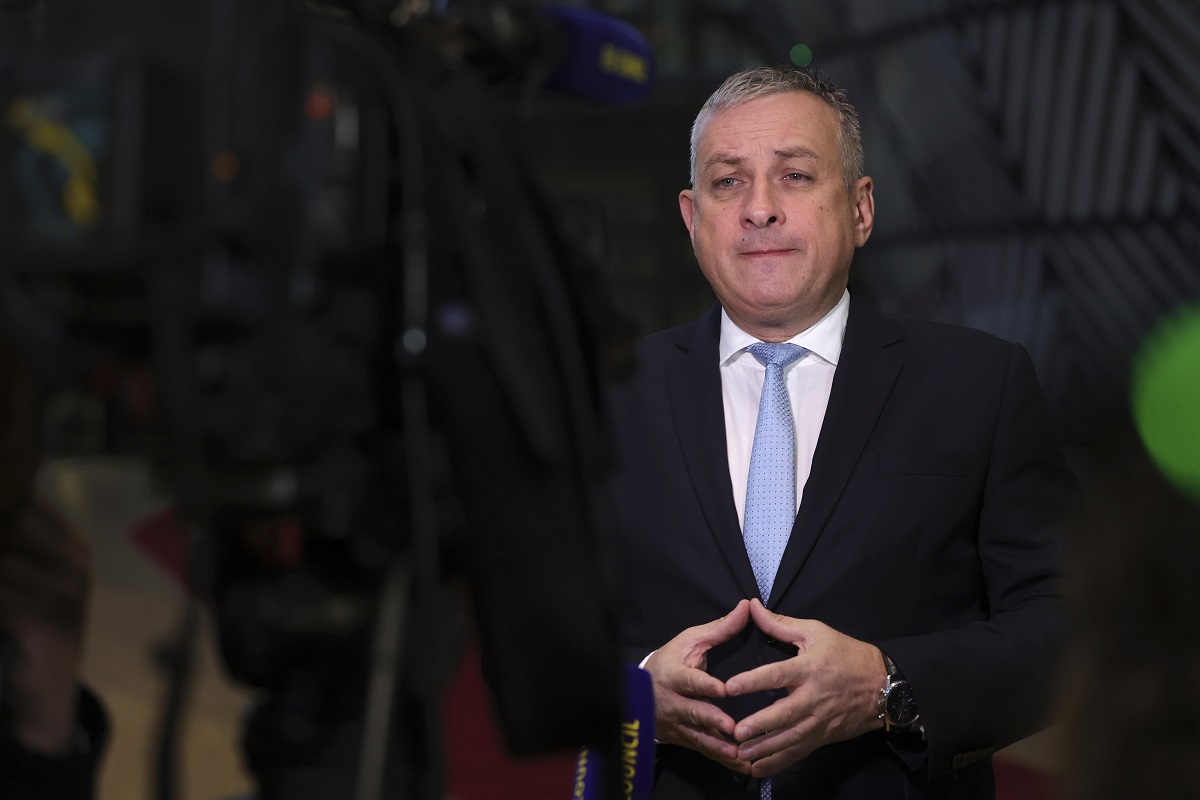European Union countries agreed on Thursday to limit imports of semiconductors from non-European countries and, at the same time, double their share of the world market for this currently scarce commodity by the end of the decade.
The current
The ministers of the EU countries agreed on a common approach to the proposal, the aim of which is to raise €43 billion of public and private investments to this sector in the European Union in the coming years, announced the Czech presidency of the Council of the European Union.
The member states will negotiate the final form of the standard known as the Chips Act with MEPs next year.
In connection with the Covid-19 pandemic and the sharp growth in demand for the post-crisis revival of production, some sectors have to deal with a shortage of chips, for the import of which European countries depend mainly on the United States, Taiwan, and other Asian countries.
The European Commission, therefore, came up with a proposal in February this year, which is supposed to fundamentally reduce this dependence.
“Chips are one of the most important rapidly developing technologies today, but the European Union currently does not have sufficient capacity to design and manufacture its own advanced chips,” said Czech Industry Minister Jozef Síkela, who chaired Thursday’s meeting of EU government representatives.
Chips for Europe
The ministers agreed that the Union should invest in the development and production of semiconductors on its territory so that by 2030 its production would make up at least a fifth of the world market. Currently, it only accounts for a tenth.
According to the ministers, the EU will invest €3.3 billion as part of an initiative called Chips for Europe, which is aimed at supporting the creation of new technologies, research, and development. The additional money is to support private investment in providing enough semiconductors for member countries.
The EU also wants to better monitor possible shortages of semiconductors and more effectively coordinate the response in crises.






